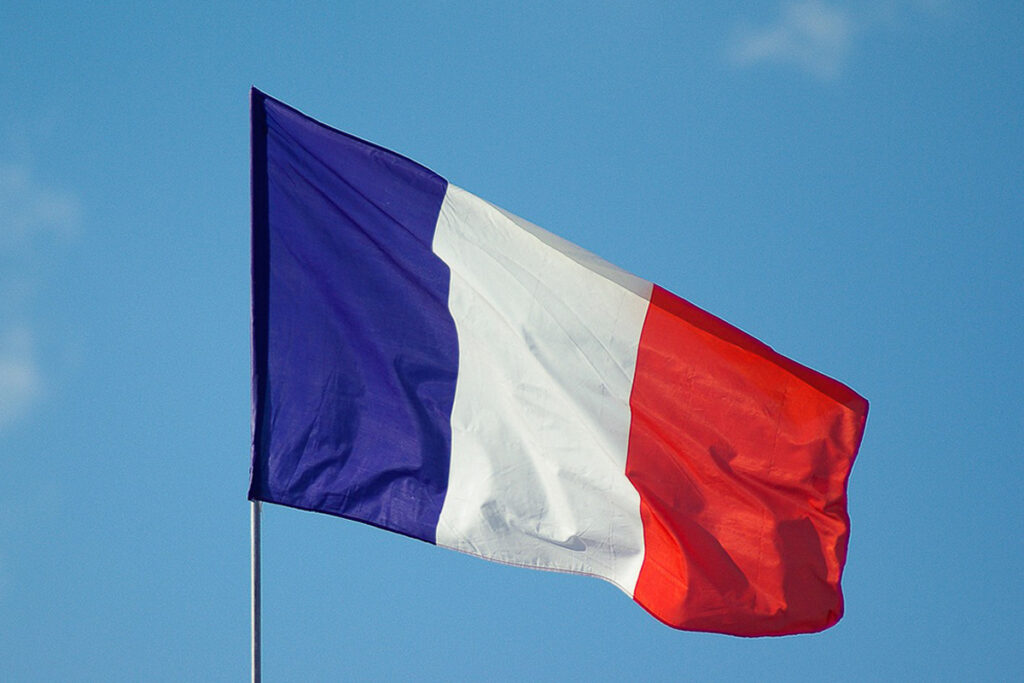A landmark decision from France’s highest court has sent shockwaves through the nation’s political sphere. Nicolas Sarkozy, (former president of France), was sentenced to one year in prison for corruption and influence peddling. This marks the first time in modern French history that a former president has been convicted for actions taken during their presidency.
A Groundbreaking Judgment
The case, which began with a 2021 ruling by a Paris court, found Sarkozy guilty of attempting to bribe a judge, Gilbert Azibert, in exchange for confidential legal information. The evidence presented in the case included wiretapped phone calls between Sarkozy and his lawyer, Thierry Herzog, using a secret line registered under the alias “Paul Bismuth.”
Although Azibert did not receive the promised job in Monaco, prosecutors determined that the offer itself violated French law. Both Herzog and Azibert were also convicted, solidifying the unprecedented nature of the case.
The Court of Cassation confirmed that the verdicts and sentences were final. At 69, Sarkozy is expected to serve his sentence at home, monitored by an electronic bracelet, as is allowed for sentences under two years.
Sarkozy’s Response: Resolute and Defiant
Sarkozy has maintained his innocence, calling the conviction a profound injustice. Despite this, he accepted the court’s decision but indicated his intent to appeal the ruling to the European Court of Human Rights. He aims to challenge the treatment he believes was unfair and seeks a condemnation of France’s judicial actions.
Sarkozy’s determination to clear his name has remained steadfast, as he continues to pursue all available legal avenues.
Ongoing Legal Struggles
The corruption conviction is just one of several legal battles facing Sarkozy. He is scheduled to face another trial next month regarding accusations that he received millions of dollars from Libyan leader Moammar Gadhafi to fund his 2007 presidential campaign.
These legal issues are part of an ongoing pattern. Sarkozy has consistently denied any involvement in wrongdoing, a stance that mirrors his predecessor Jacques Chirac, who was convicted in 2011 for misusing public funds. However, Chirac’s sentence was suspended.
Political and Historical Consequences
Sarkozy’s conviction serves as a powerful reminder of the need for accountability among public officials. Though he retired from active politics in 2017, Sarkozy remains a prominent figure in French right-wing politics. His recent appearance at the reopening of Notre Dame Cathedral demonstrated that he still holds a significant public presence.
The ruling may tarnish Sarkozy’s legacy but reinforces the independence of the French judiciary. It highlights that even those in the highest office are not immune from legal scrutiny.
A Landmark for Accountability
As Sarkozy prepares to serve his sentence, the conviction represents a critical moment for justice and integrity in leadership. While it may signify the end of Sarkozy’s political era, it sets a crucial precedent for holding public figures accountable for their actions.


